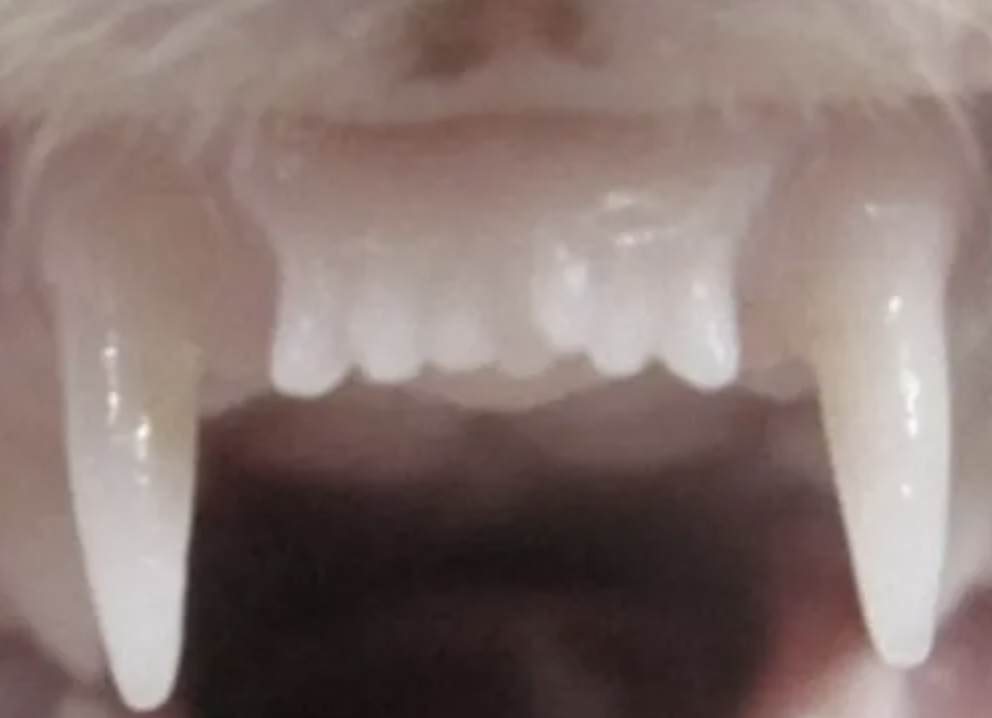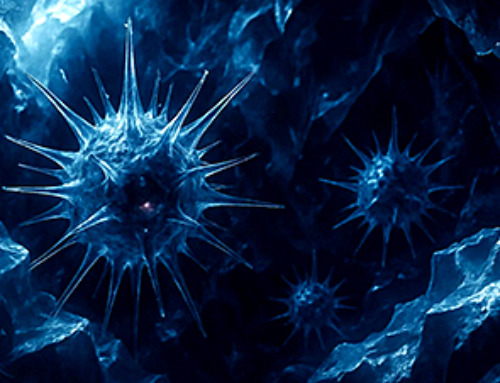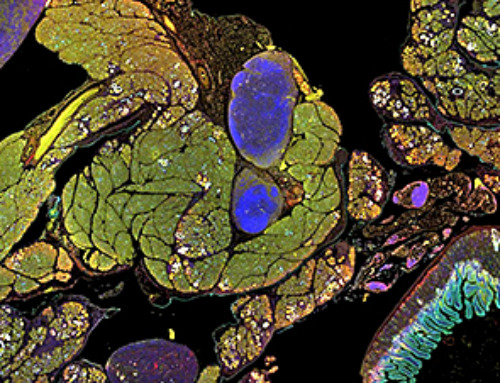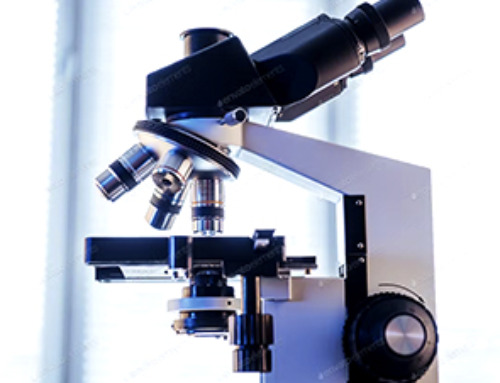The world’s first human trial of a drug that can regenerate teeth will begin in a few months, less than a year on from news of its success in animals. This paves the way for the medicine to be commercially available as early as 2030.
The trial, which will take place at Kyoto University Hospital from September to August 2025, will treat 30 males aged 30-64 who are missing at least one molar. The intravenous treatment will be tested for its efficacy on human dentition, after it successfully grew new teeth in ferret and mouse models with no significant side effects.
“We want to do something to help those who are suffering from tooth loss or absence,” said lead researcher Katsu Takahashi, head of dentistry and oral surgery at Kitano Hospital. “While there has been no treatment to date providing a permanent cure, we feel that people’s expectations for tooth growth are high.”
Following this 11-month first stage, the researchers will then trial the drug on patients aged 2-7 who are missing at least four teeth due to congenital tooth deficiency, which is estimated to affect 1% of people. The team is recruiting for this Phase IIa trial now.
Researchers are then looking at expanding the trial to those with partial edentulism, or people missing one to five permanent teeth due to environmental factors. The incidence of this varies from country to country, but it’s estimated around 5% of Americans are missing teeth, with a much higher incidence among older adults.
The medicine itself deactivates the uterine sensitization-associated gene-1 (USAG-1) protein, which suppresses tooth growth. As we reported in 2023, blocking USAG-1’s interaction with other proteins encourages bone morphogenetic protein (BMP) signaling, which triggers new bone to generate.

It resulted in new teeth emerging in the mouths of mice and ferrets, species that share close to the same USAG-1 properties as humans.
“The USAG-1 protein has a high amino acid homology of 97% between different animal species, including humans, mice, and beagles,” the researchers noted. However, there’s no word on a beagle trial just yet…
Molecular biologist and dentist Takahashi has been working on tooth regeneration since 2005, and hopes this treatment won’t just be for congenital dental conditions but for anyone who has lost teeth, at any age.
If successful, this therapy could be available to patients with any permanently missing teeth within six years.
Sources: Kitano Hospital, The Mainichi
News
Studies detail high rates of long COVID among healthcare, dental workers
Researchers have estimated approximately 8% of Americas have ever experienced long COVID, or lasting symptoms, following an acute COVID-19 infection. Now two recent international studies suggest that the percentage is much higher among healthcare workers [...]
Melting Arctic Ice May Unleash Ancient Deadly Diseases, Scientists Warn
Melting Arctic ice increases human and animal interactions, raising the risk of infectious disease spread. Researchers urge early intervention and surveillance. Climate change is opening new pathways for the spread of infectious diseases such [...]
Scientists May Have Found a Secret Weapon To Stop Pancreatic Cancer Before It Starts
Researchers at Cold Spring Harbor Laboratory have found that blocking the FGFR2 and EGFR genes can stop early-stage pancreatic cancer from progressing, offering a promising path toward prevention. Pancreatic cancer is expected to become [...]
Breakthrough Drug Restores Vision: Researchers Successfully Reverse Retinal Damage
Blocking the PROX1 protein allowed KAIST researchers to regenerate damaged retinas and restore vision in mice. Vision is one of the most important human senses, yet more than 300 million people around the world are at [...]
Differentiating cancerous and healthy cells through motion analysis
Researchers from Tokyo Metropolitan University have found that the motion of unlabeled cells can be used to tell whether they are cancerous or healthy. They observed malignant fibrosarcoma cells and [...]
This Tiny Cellular Gate Could Be the Key to Curing Cancer – And Regrowing Hair
After more than five decades of mystery, scientists have finally unveiled the detailed structure and function of a long-theorized molecular machine in our mitochondria — the mitochondrial pyruvate carrier. This microscopic gatekeeper controls how [...]
Unlocking Vision’s Secrets: Researchers Reveal 3D Structure of Key Eye Protein
Researchers have uncovered the 3D structure of RBP3, a key protein in vision, revealing how it transports retinoids and fatty acids and how its dysfunction may lead to retinal diseases. Proteins play a critical [...]
5 Key Facts About Nanoplastics and How They Affect the Human Body
Nanoplastics are typically defined as plastic particles smaller than 1000 nanometers. These particles are increasingly being detected in human tissues: they can bypass biological barriers, accumulate in organs, and may influence health in ways [...]
Measles Is Back: Doctors Warn of Dangerous Surge Across the U.S.
Parents are encouraged to contact their pediatrician if their child has been exposed to measles or is showing symptoms. Pediatric infectious disease experts are emphasizing the critical importance of measles vaccination, as the highly [...]
AI at the Speed of Light: How Silicon Photonics Are Reinventing Hardware
A cutting-edge AI acceleration platform powered by light rather than electricity could revolutionize how AI is trained and deployed. Using photonic integrated circuits made from advanced III-V semiconductors, researchers have developed a system that vastly [...]
A Grain of Brain, 523 Million Synapses, Most Complicated Neuroscience Experiment Ever Attempted
A team of over 150 scientists has achieved what once seemed impossible: a complete wiring and activity map of a tiny section of a mammalian brain. This feat, part of the MICrONS Project, rivals [...]
The Secret “Radar” Bacteria Use To Outsmart Their Enemies
A chemical radar allows bacteria to sense and eliminate predators. Investigating how microorganisms communicate deepens our understanding of the complex ecological interactions that shape our environment is an area of key focus for the [...]
Psychologists explore ethical issues associated with human-AI relationships
It's becoming increasingly commonplace for people to develop intimate, long-term relationships with artificial intelligence (AI) technologies. At their extreme, people have "married" their AI companions in non-legally binding ceremonies, and at least two people [...]
When You Lose Weight, Where Does It Actually Go?
Most health professionals lack a clear understanding of how body fat is lost, often subscribing to misconceptions like fat converting to energy or muscle. The truth is, fat is actually broken down into carbon [...]
How Everyday Plastics Quietly Turn Into DNA-Damaging Nanoparticles
The same unique structure that makes plastic so versatile also makes it susceptible to breaking down into harmful micro- and nanoscale particles. The world is saturated with trillions of microscopic and nanoscopic plastic particles, some smaller [...]
AI Outperforms Physicians in Real-World Urgent Care Decisions, Study Finds
The study, conducted at the virtual urgent care clinic Cedars-Sinai Connect in LA, compared recommendations given in about 500 visits of adult patients with relatively common symptoms – respiratory, urinary, eye, vaginal and dental. [...]





















